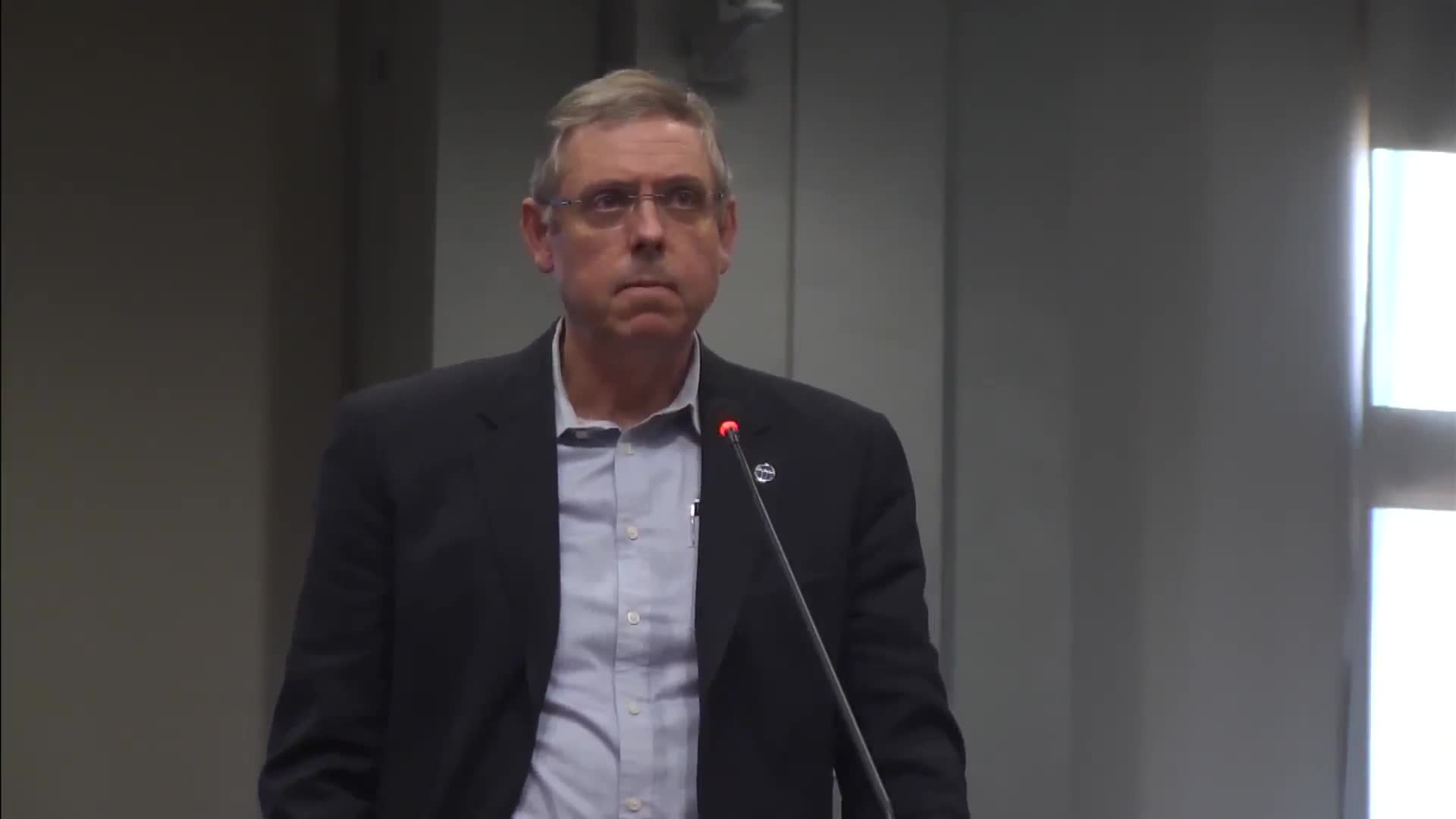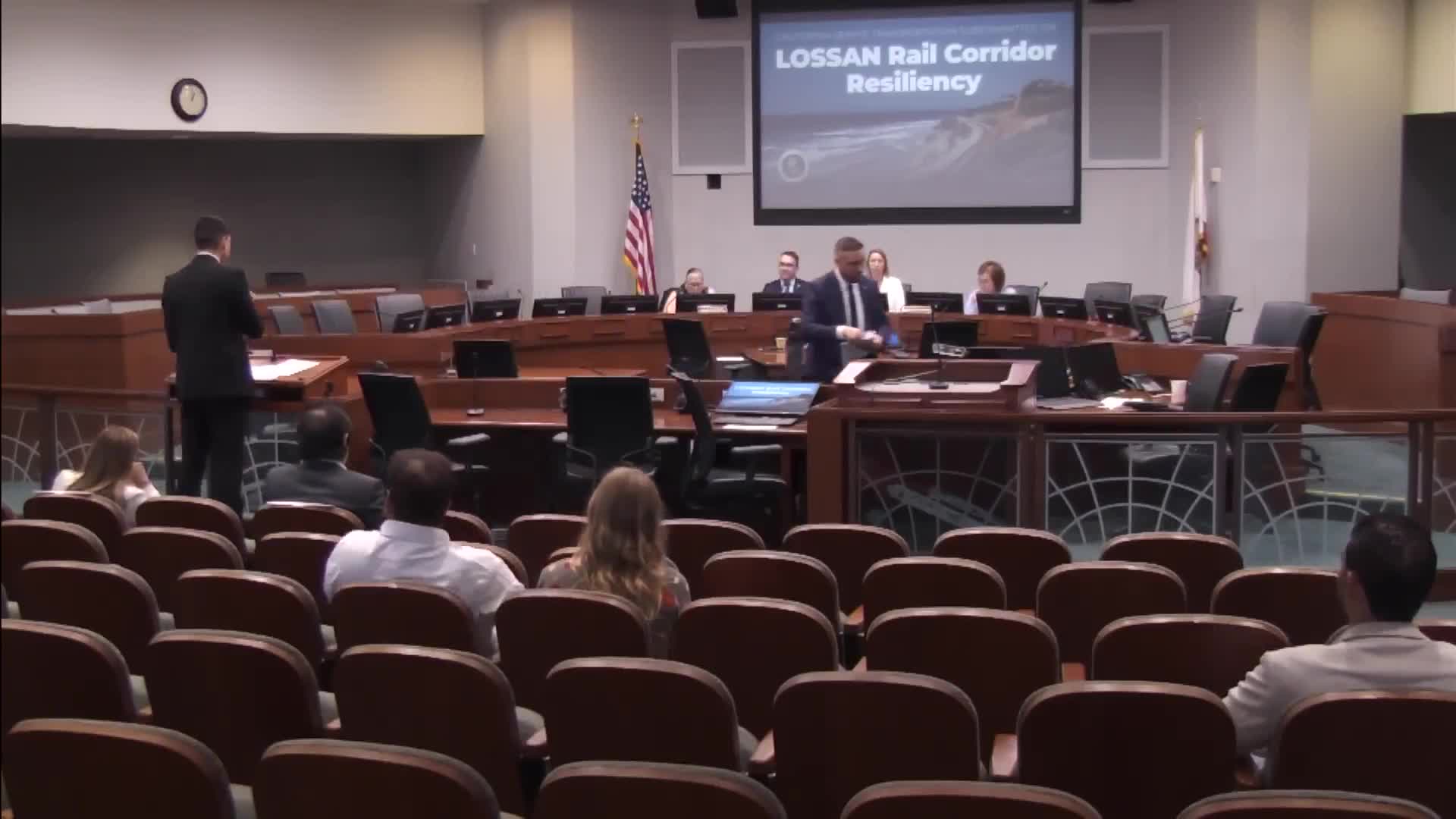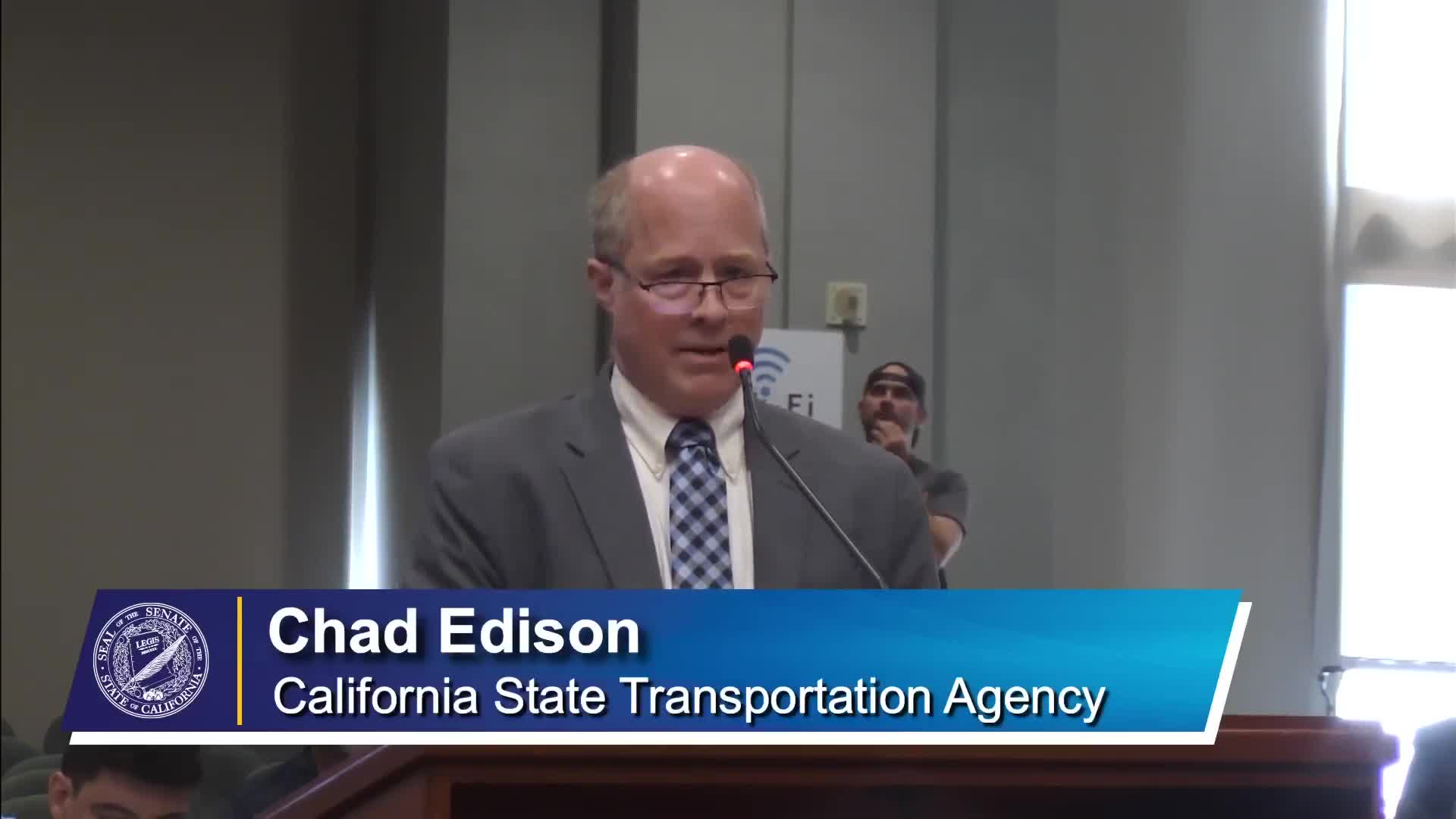Article not found
This article is no longer available. But don't worry—we've gathered other articles that discuss the same topic.

Engineers warn coastal landslides, liquefaction and fault crossings threaten Losan corridor reliability

Analysts warn state funding gap and governance limits could constrain rail upgrades; LAO, transit groups urge clearer revenue plan

